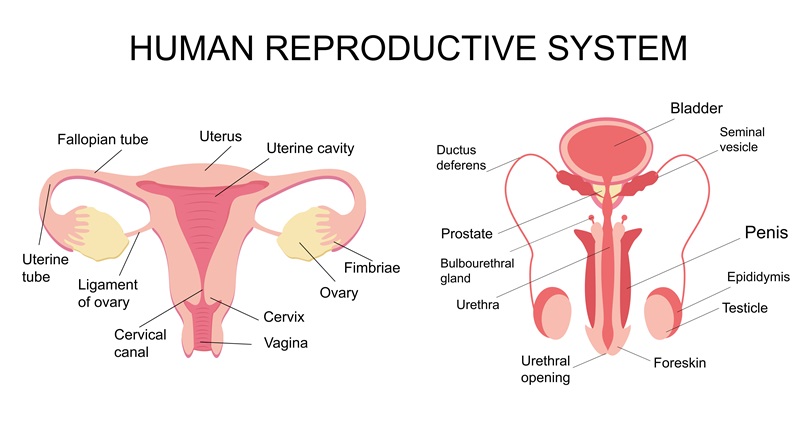Male infertility, a complex and often misunderstood condition, affects a significant portion of the population. Understanding its causes and implications, especially in the context of senior home care, is crucial for addressing this sensitive issue.
The Complexity of Male Fertility
Male fertility requires the production of healthy sperm, effective transportation of sperm from the testicles, adequate sperm count, and proper sperm shape for movement and egg penetration. Any disruption in these processes can lead to infertility.
Environmental and Lifestyle Factors
- Environmental Causes: Exposure to toxins, chemicals, and heat can impair sperm production. Industrial chemicals, heavy metal exposure, and radiation can reduce sperm count, while overheating the testicles can impair sperm function.
- Lifestyle Influences: The use of anabolic steroids, alcohol, and tobacco can negatively impact sperm production and quality. Obesity and certain occupations that involve prolonged sitting or exposure to heat can also affect fertility.
Medical Causes of Male Infertility
- Varicocele: A common reversible cause of infertility, varicocele is the swelling of veins that drain the testicle, leading to reduced sperm quantity and quality.
- Infections: Certain infections can interfere with sperm production or cause scarring that blocks sperm passage.
- Ejaculation Issues: Conditions like retrograde ejaculation can prevent the proper delivery of sperm.
- Hormonal Imbalances: Disorders affecting testosterone production and other hormonal systems can impact fertility.
- Tubular Defects: Blockages in the tubes that transport sperm can arise from various causes, including surgery, infections, or congenital conditions like cystic fibrosis.
- Chromosomal Defects: Inherited disorders such as Klinefelter’s syndrome can cause abnormal development of the male reproductive organs.
- Medications and Surgeries: Certain medications and surgeries, including vasectomy, can impact male fertility.
Male Infertility in Senior Home Care
In the context of senior home care, addressing male infertility involves a nuanced approach:
- Awareness and Education: Caregivers and healthcare professionals should be aware of the potential for infertility issues and their impact on the emotional well-being of seniors.
- Managing Underlying Health Conditions: Chronic illnesses, medications, and past surgeries that may affect fertility should be managed effectively.
- Lifestyle Modifications: Encouraging a healthy lifestyle, including diet and exercise, can improve overall health and potentially impact fertility.
- Emotional Support: Providing emotional and psychological support is crucial, as infertility can lead to stress and relationship difficulties.
The Psychological Impact of Male Infertility
The inability to conceive can lead to significant emotional distress. In senior home care, it’s important to address these psychological aspects, offering counseling and support to manage the stress and frustration associated with infertility.
Prevention and Treatment
While not all causes of male infertility are preventable, lifestyle changes like avoiding smoking, limiting alcohol, maintaining a healthy weight, and reducing exposure to toxins can help. Medical treatments for conditions like varicocele, hormonal imbalances, and blockages are also available.
The Role of Technology and Advanced Treatments
Advancements in medical technology, including assisted reproductive techniques like in vitro fertilization (IVF) and intracytoplasmic sperm injection (ICSI), offer hope to those facing infertility.
Conclusion
Understanding the causes of male infertility is essential, especially in the context of senior home care, where managing overall health and emotional well-being is paramount. With advancements in medical treatments and a focus on holistic care, there is hope for addressing and managing this complex condition.




